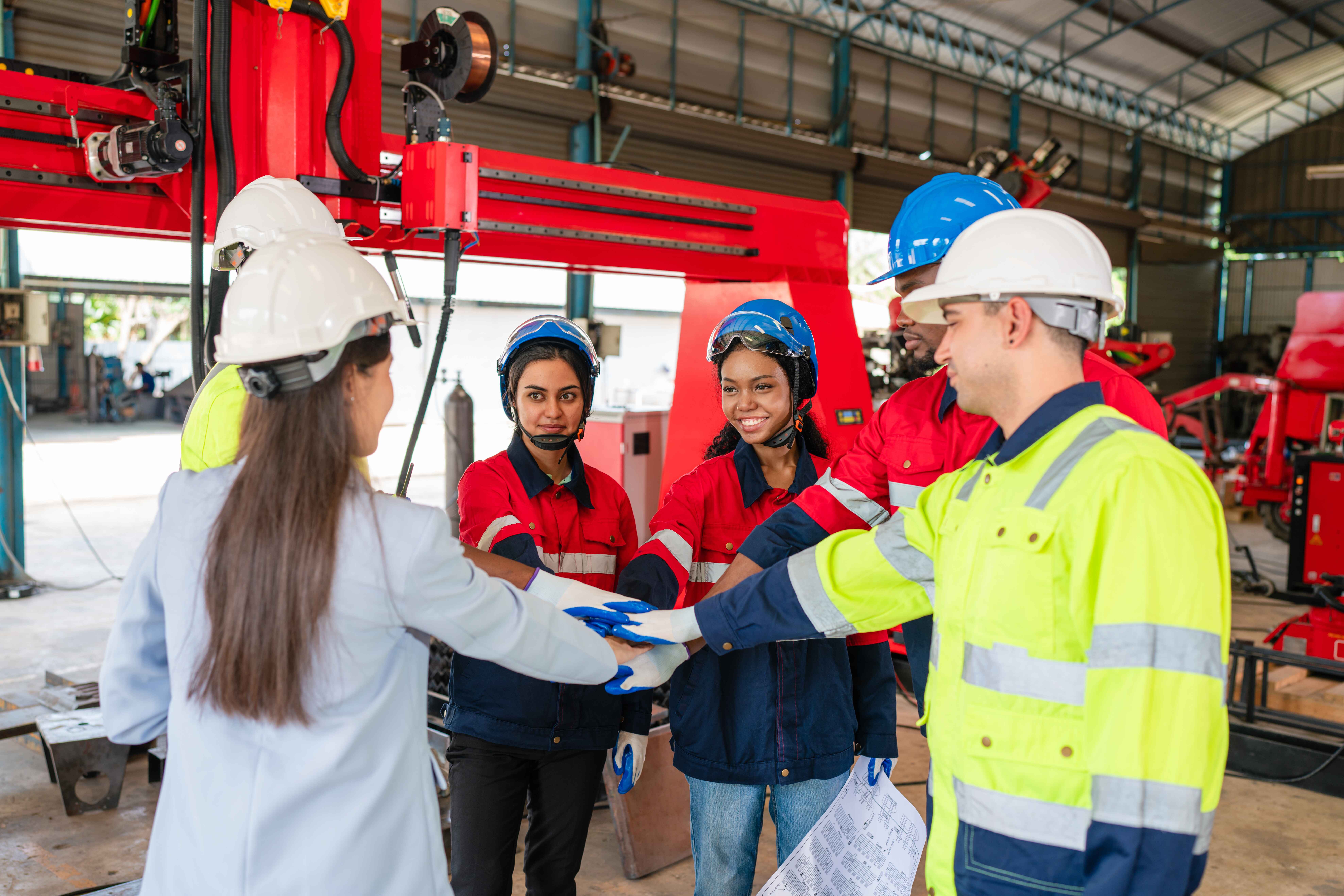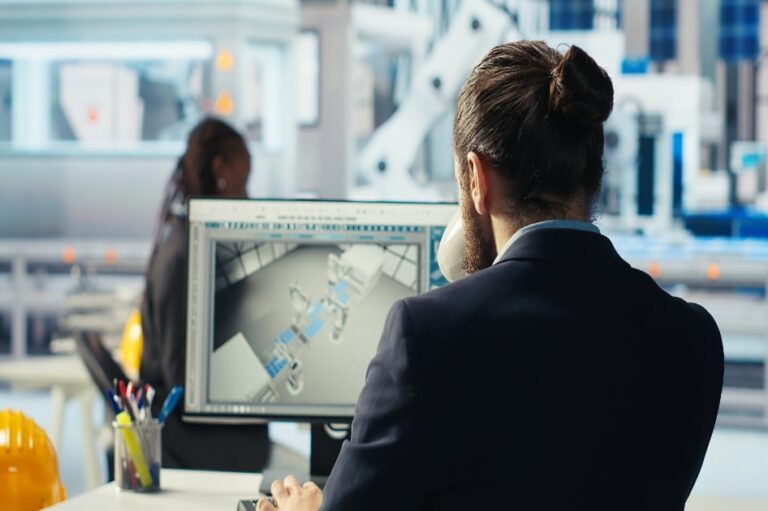Structural engineering is a dynamic and evolving field, and for aspiring engineers, specialized training in industrial structure design is not just beneficial—it’s essential. As industries continue to grow and diversify, the demand for skilled professionals who can design safe, efficient, and sustainable structures has never been higher. This blog delves into the importance of industrial structure design training, particularly in steel structural design engineering, and how institutions like Krishna Education Services (KES) are playing a pivotal role in shaping the future of engineering professionals.
Understanding Industrial Structure Design
Industrial structure design involves creating frameworks that support the operations of industrial facilities, such as factories, power plants, warehouses, and refineries. Unlike residential or commercial buildings, industrial structures often face unique challenges, including:
Heavy loads from machinery and equipment
Dynamic forces due to vibrations and thermal expansions
Harsh environmental conditions, including exposure to chemicals and extreme temperatures
Compliance with stringent safety and regulatory standards
Designing such structures requires a deep understanding of materials, load analysis, stability, and durability. Steel, due to its strength, flexibility, and recyclability, is a preferred material in industrial construction.
The Role of Steel in Industrial Structure Design
Steel structural design engineering focuses on utilizing steel to create robust and resilient frameworks. The advantages of using steel in industrial structures include:
High Strength-to-Weight Ratio: Steel can support heavy loads without being overly bulky.
Durability: Steel structures are resistant to many environmental factors, including corrosion and fire, especially when treated or coated appropriately.
Flexibility: Steel allows for the construction of large spans and open spaces, accommodating complex layouts.
Sustainability: Steel is 100% recyclable, contributing to environmentally friendly construction practices .
However, designing with steel requires specialized knowledge of material properties, connection detailing, and adherence to various design codes and standards.
Why Industrial Structure Design Training is Crucial
1. Bridging the Skill Gap
The construction industry often faces a gap between academic education and industry requirements. While engineering curricula provide foundational knowledge, they may not delve deeply into the specifics of industrial structure design. Specialized training bridges this gap by offering:
Hands-on experience with industry-standard software like STAAD Pro, ETABS, and Revit
Exposure to real-world projects, enhancing practical understanding
Knowledge of international design codes, such as those from the American Institute of Steel Construction (AISC) and Eurocodes
2. Enhancing Employability
Employers seek candidates who are not only academically qualified but also possess practical skills. Completing a comprehensive industrial structure design training program demonstrates to potential employers that an individual is:
Proficient in design software
Familiar with current industry practices
Capable of contributing to projects from day one
This proficiency significantly enhances employability and career prospects.
3. Ensuring Safety and Compliance
Industrial structures must adhere to strict safety standards to protect workers and the environment. Training programs emphasize:
Understanding of safety regulations
Designing for load-bearing capacities
Implementing safety features like fire resistance and seismic considerations
Such training ensures that engineers can design structures that meet or exceed safety standards, reducing the risk of accidents and ensuring regulatory compliance.
4. Promoting Sustainability
With growing emphasis on sustainable construction practices, training programs incorporate:
Designing for energy efficiency
Utilizing recyclable materials
Implementing waste-reducing construction methods
Engineers trained in these areas can contribute to building structures that are not only functional but also environmentally responsible.
Krishna Education Services: Shaping Future Engineers
Krishna Education Services (KES), based in Gandhinagar, Gujarat, is at the forefront of providing specialized training in industrial structure design. Their courses are tailored to meet the needs of both mechanical and civil/structural disciplines, offering:
Comprehensive Industrial Steel Structural Design: Covering fundamental knowledge with exposure to manual and FEA software like STAAD Pro.
Steel Connection Design: Focusing on design codes from both American and European standards.
Modular/Skid Structural Design: Addressing the unique challenges of modular construction.
Advanced Industrial Steel Structural Design: Delving into complex design scenarios and advanced techniques.
KES emphasizes real industry project exposure, ensuring that students gain practical experience that is directly applicable to their future careers .
Conclusion
In conclusion, industrial structure design training is indispensable for aspiring engineers aiming to excel in the field of steel structural design engineering. It equips them with the necessary skills, knowledge, and practical experience to meet industry demands, ensure safety and compliance, and contribute to sustainable construction practices. Institutions like Krishna Education Services play a pivotal role in shaping the next generation of engineers, providing them with the tools and expertise needed to succeed in a competitive and ever-evolving industry.
For those in Gandhinagar, Gujarat, and beyond, pursuing specialized training in industrial structure design is a strategic investment in a rewarding and impactful engineering career.



